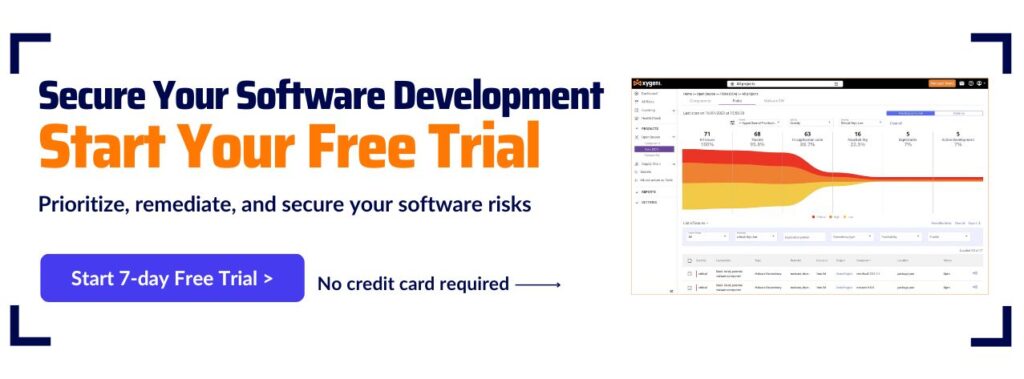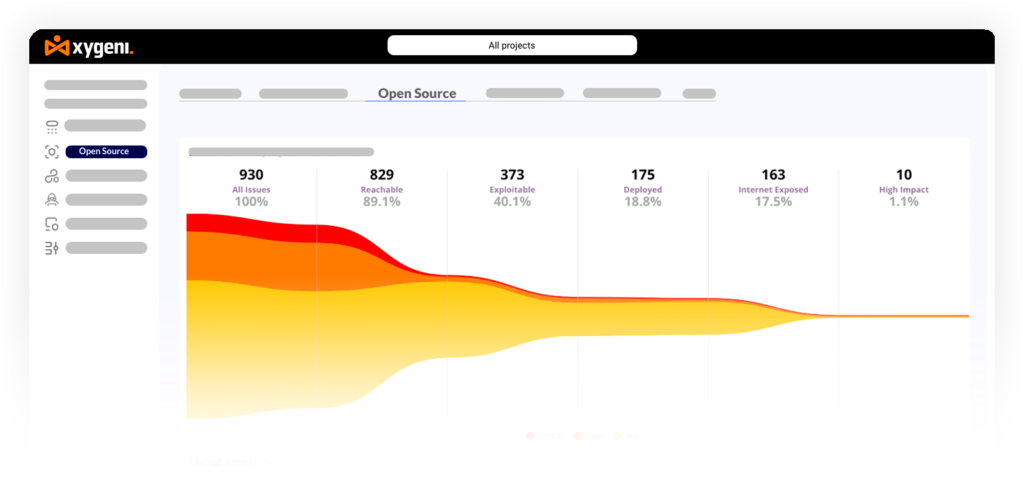Does cyber security require coding, and do you need to know coding for cyber security to build a career in this field? The short answer is: it depends on the role. Some jobs, like penetration testing or DevSecOps engineering, rely heavily on scripting and secure coding. Others, such as governance, risk, and compliance, focus more on processes than programming. Still, understanding code often helps professionals detect vulnerabilities, automate tasks, and communicate better with developers. In this guide, we’ll explain when coding is essential, when it’s optional, and how modern security tools reduce the need for manual scripts. We’ll also show how to start strong and prevent risks without advanced coding skills, while answering the key question: does cyber security require coding for every role?
Does Cyber Security Require Coding?
The question does cyber security require coding often comes up for beginners. The reality is that the field is broad, and not every role demands programming skills. For example:
- Non-coding roles: Security analysts, compliance officers, and risk managers often focus on monitoring, auditing, and policy enforcement. These professionals can work effectively with minimal or no coding.
- Coding-heavy roles: Penetration testers, application security engineers, and DevSecOps specialists often need to write scripts in Python, Bash, or PowerShell. They use these scripts to automate scanning, test exploits, or secure pipelines.
Even in roles where coding is not mandatory, having a basic grasp of scripts helps. It makes it easier to understand vulnerabilities, validate exploits, and collaborate with developers.
Therefore, while not every cyber security career path requires coding, the ability to read and write code often sets professionals apart and opens up more technical opportunities.
Do You Need to Know Coding for Cyber Security?
A common concern for newcomers is: do you need to know coding for cyber security? The answer depends on the career path you choose. If your role involves building or protecting software, coding skills are essential. For instance, application security engineers often review source code to detect vulnerabilities such as SQL injection or cross-site scripting.
On the other hand, if you work in governance, compliance, or security operations, deep programming knowledge may not be required. Instead, you might rely on security tools and frameworks without writing code every day. Still, understanding the basics of how code works allows you to communicate more effectively with development teams and spot issues faster.
In short, coding is not mandatory for every role, but having at least foundational skills will make you more versatile, confident, and effective in almost any cyber security position.
Curious about how new coding trends might affect security?
Check out our post on Vibe Coding: Trend or Security Disaster Waiting to Happen to see why coding style can impact your security posture.
Real-World Scenarios Where Coding Helps in Cyber Security
Even though not every role requires programming, there are clear cases where coding makes a big difference:
- Penetration Testing
Testers often write small Python or Bash scripts to automate scans, exploit proof-of-concepts, or customize existing tools. - Malware Analysis
Security researchers use coding to deobfuscate scripts, reverse engineer binaries, or simulate malware behavior in controlled environments. - Secure DevOps (DevSecOps)
Developers and security engineers integrate automated checks into CI/CD pipelines. For example, scripts that block insecure dependencies or detect hardcoded secrets before code merges. - Incident Response
Responders may code scripts to quickly collect logs, parse indicators of compromise, or shut down malicious processes across systems. - Application Security Reviews
Reviewing source code requires fluency in programming languages like Python, Java, or JavaScript to identify unsafe patterns such as unsanitized input or weak encryption.
These scenarios show that while you can enter the field without coding, knowing how to code unlocks opportunities in more technical and high-impact areas of cyber security.
Learning Paths: Coding vs. Non-Coding Roles
Cyber security is broad, and whether you need coding skills depends on the path you choose:
Non-Coding Roles
- Governance, Risk, and Compliance (GRC): Focuses on policy, frameworks, and audits.
- Security Awareness & Training: Educates teams on phishing, social engineering, and best practices.
- Security Operations (SOC) Monitoring: Involves using dashboards and SIEM tools to detect threats, often with minimal coding.
Coding-Heavy Roles
- Penetration Tester / Red Team: Requires scripting for custom exploits and automation.
- Malware Analyst / Reverse Engineer: Needs strong knowledge of languages like Python, C, or assembly.
- DevSecOps Engineer: Relies on coding to integrate security checks into CI/CD pipelines and develop custom tooling.
- Application Security Engineer: Requires the ability to read and write code in multiple languages to spot and fix vulnerabilities.
In short, if you’re asking ‘does cyber security require coding?’ or ‘do you need to know coding for cyber security,’ the answer depends on your career goals. You can start in non-coding roles, but moving into advanced technical areas usually means learning to code.
How Much Coding Do You Need to Know?
When people ask “do you need to know coding for cyber security?” the answer is not a simple yes or no. It depends on how deep into the technical side you want to go.
Basic Level (Recommended for Everyone):
- Scripting with Python or Bash helps automate security scans, parse logs, and handle repetitive tasks.
- Understanding JavaScript basics makes it easier to spot issues like XSS (cross site scripting attack).
Intermediate Level (For Technical Roles):
- Working with C or C++ gives you insight into memory-level vulnerabilities such as buffer overflows.
- Knowledge of SQL helps in defending against SQL injection attacks.
Advanced Level (Specialized Roles):
- Assembly and reverse engineering are often required for malware analysis.
- Secure coding practices across multiple languages help in reviewing codebases and building defensive tools.
In summary, while not all cyber security jobs demand coding, knowing how attackers write and execute malicious scripts makes you far more effective at defending systems.









